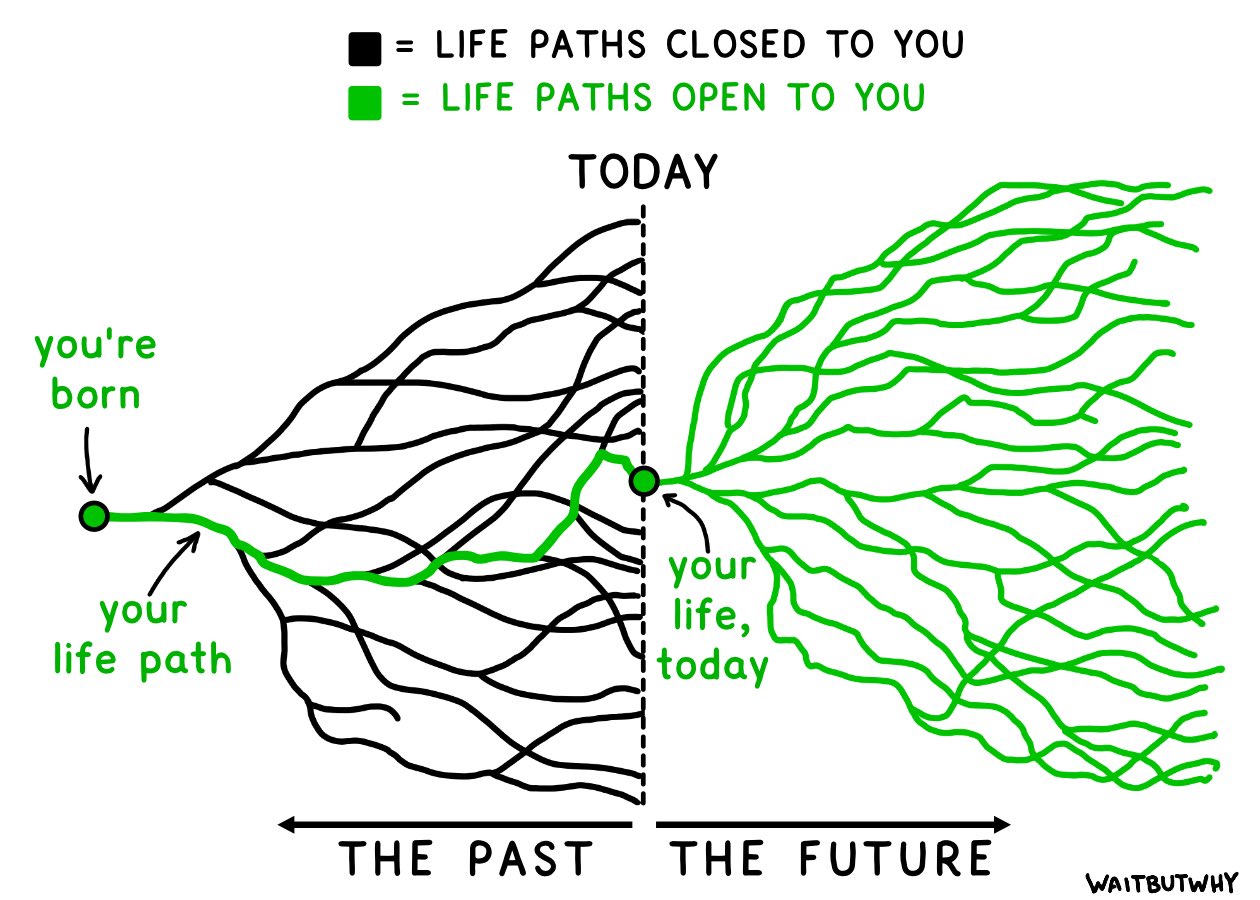Among many things that I am quite interested in learning this week, one of them stood out as occupying my mind for the vast majority of my limited mind resources. It all started as a unique endeavour of mine while browsing HackerNews, I stumbled upon a decently old video from Prof. Roger Martin for Harvard Business Review.
In that video, he “enlightened” me with a concept of the fundamental differences between a Plan and a Strategy. I am going to be honest with you, I was quite startled at first. Looking at the comments section, I am pretty sure I am not the only one who thinks that Plan and Strategy are the same and interchangeable.

While my analysis is severely limited by my lack of experience (😉), my perceived understanding of the relationship between those three is quite firm.
Doing it hard, teaching it even harder
While many thought that those things are primary “natural habitats” in the business world, my views are all of them live closer to our personal life than we initially thought. While it might sound a bit of an exaggeration, if we’re looking back, the fact that we ended up at where we’re right now might be unconsciously the fruit of our natural instincts of strategizing.
The same instincts that drive us to survive, and to get better food, is also naturally lead us to a new opportunity. Which in return again leads us to a better life.
But that strategy, by nature, is really scarce in the probability of its success of getting the best result possible. Just like in the Chaos theory’s Butterfly effect, one single intentional action can lead to a totally different result.
The game is about probability
I assume you (and I) want the best possible result out there. But at the same time, the future is vague and full of uncertainty. How do you make a decision under those uncertainties? Shrink down the variables!
I know it might sound too naive at the moment, but that is just it. We cannot control the future. So, to make sure that the probability of path forward is as we intended:
- Minimize the potential “intruders”; and
- Do things more
That’s just it. While the 2nd point is highly dependable and case-per-case bases (some things might only have one single chance, while other are the opposite), doing those things is statistically the only way to increase your success rate.
Let’s take building a startup as a case. You might heard a saying that you should iterate faster. If you interpret it in the context of product management, you might end up with a conclusion like “We can deliver features faster”, or “We can address user’s problem faster”. Those views are correct. But in the more high-level point of view, we just want to increase the probability of success by iterating more.
Even higher
Now, you’ve done more. There’s another little trick that we can incorporate to maximize our chances: the law of compounding growth. Now this law is usually being “utilized” by a ton of motivation gurus or speakers out there just like River Flows in You for pianist and Canon Rock for guitarists out there.
You can increase the probability of the desired outcome by increasing its attempt. But you can increase it further by making sure you improve it on each iteration.
Sounds easy? Oh, boy. Applying it in real life is such a hell. That part will involve a lot of “productivity” or “discipline” stuff which is not covered in this journal.
Pave the way
Now, since you iterate more and want to improve along the way on each iteration, how to make sure we can maximise each iteration? Now finally we can get back to the one and only: Strategy 🤩.
Let’s imagine you want to build an asphalt road through a forest full of monsters. Think of strategy as how to make sure you can pave the road without being attacked by monsters as much as possible. Yup, as simple as that.
If we refer back to the Professor Martin videos that I mentioned earlier in this journal:
Strategy involves external elements/factors and takes uncertainty into account while planning doesn’t. Strategy highly depends on external factors, plans depend on us.
So emphasizing Professor Martin’s remarks, it kinda doesn’t make sense when people trying to do “Strategic Planning” or something like that. Because it’s totally two different things.
It’s still hard
Now since we cleared up the fog on the forest full of monsters and hired a lot of Mages to protect us, strategizing is still hard. We can’t factor 100% of all of the variables out there. But that’s when risk assessment comes in.
Each iteration that we do, will always carry a risk. But, at the same time will present rewards on itself. Now all we need is to balance it out. May you reach your destination.
Published on:
